Menneskerettighetsstiftelsen ReDo og WSO – We Shall overcome – arrangerer konferanse om hvordan få slutt på menneskerettighetsbrudd i psykiatrien, deriblant nødvendige rettsmidler og reparasjon.
Tid: 10. september 2024 kl. 0900 – 1630
Sted: Litteraturhuset, Wergelandsveien 29, Oslo
Konferansen vil foregå på engelsk. Deltagelse er gratis, men påmelding er obligatorisk.
På programmet står noen av de fremste internasjonale ekspertene på feltet. Under finner du oppdatert informasjon om foredragsholderne som deltar:
Muhannad Alazzeh, Dainius Pūras, Paulo Pinto de Albuquerque, Timothy Fish Hodgson, Carlos Rios Espinosa, Tina Minkowitz, Alberto Vasquez, Oh-yong Kweon, Steven Allen, Jennifer Wairimu, Inger-Mari Eidsvik, Olga Kalina, Diana Sheinbaum Lerner og Dragana Ciric Milovanovic. (se biografier lenger ned)
Se oppdatert informasjon om program på Stiftelsen Redos nettside
Menneskerettighetsstiftelsen ReDo har som formål å arbeide mot krenkelser, overgrep og tvang i det psykiske helsevesenet og for å styrke menneskerettighetene til personer med psykososiale funksjonsnedsettelser, i tråd med FN-konvensjonen om rettighetene til mennesker med nedsatt funksjonsevne (CRPD). Arbeidet er sentrert rundt dokumentasjon av menneskerettighetsbrudd i det psykiske helsevesenet og støtte til strategiske rettssaker.
ReDo arrangerer en årlig konferanse hvor det deles ut en menneskerettighetspris. Årets konferanse fokuserer på å få slutt på psykiatrisk tvang og nødvendige rettsmidler og reparasjon for disse menneskerettighetsbruddene.
Informasjon om foredragsholderne:
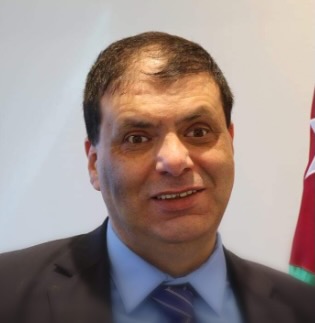
Dr. Muhannad Alazzeh, Jordan, is the Secretary-General of the Higher Council for Rights of Persons with Disabilities (HCD) and Jordan representative in the UN committee for the convention on the rights of persons with disabilities (UNCRPD committee). Prior to his appointment at HCD, Dr. Al Azzeh was a Senior Advisor with the Civic Engagement Component at USAID CIS. As a former member of the Jordanian Senate, Dr. Muhannad Al-Azzeh served on multiple committees including the Legal Committee, Women’s Committee, and Human Rights and Freedom Committee in the Senate. Additionally, Dr. Al-Azzeh served as the Chairperson of the Legal Committee for the Higher Council for Affairs of Persons with Disabilities (HCD). In this role, Al-Azzeh oversaw the drafting of new Law on the Rights of Persons with Disabilities No 20 for the year 2017 that entered into force at the end of August 2017. Dr. Alazzeh also drafted the recent amendments of the penal code in 2017 which consider the disability as an aggravating circumstance in several crimes in particular those which threaten body integrity or/and the sexual offences.
Dr. Alazzeh is one of the most important enlightening writers in the region, his articles about the human rights, secularism and public affairs are considered essential in the civil rights and the cultural movement in Jordan.
Dr. Al-Azzeh earned his Bachelors and Masters of Law degrees as well as his Doctoral degree in Criminal Law and Bioethics at Alexandria University, Egypt. In addition, Dr. Al-Azzeh completed post-doctoral studies in Governance, Democratization and Public Policy at the Institute of Social Studies in The Hague, Netherlands.
From 2010 to 2013, Dr. Al-Azzeh served as the Disability Rights Team Leader under the USAID-funded Jordan Civil Society Program. He was responsible for all aspects of the disability rights portfolio, including design of rights-based advocacy programming, disability rights grants, capacity building programs, media outreach, monitoring and evaluation, and staff management. In addition, he was the liaison with the Government of Jordan, Higher Council for Affairs of Persons with Disabilities, US Embassy, USAID/Jordan, and other international donors.
Prior to that, as the Regional Disability Rights and Advocacy Coordinator for Handicap International, Dr. Al-Azzeh helped draft new laws, policies and strategies for disability issues and human rights, conducted research and drafted working papers on disability and human rights, and served as the media spokesperson for Handicap International Middle East. He has been a frequent commentator on Jordanian radio and television as an expert on disability rights and issues.
Dr. Al-Azzeh is the author of seven books and research publications focused on disability rights and has designed and delivered more than 100 national, regional and international training workshops for judges, civil society and governments focused on disability awareness and protection of disability rights.
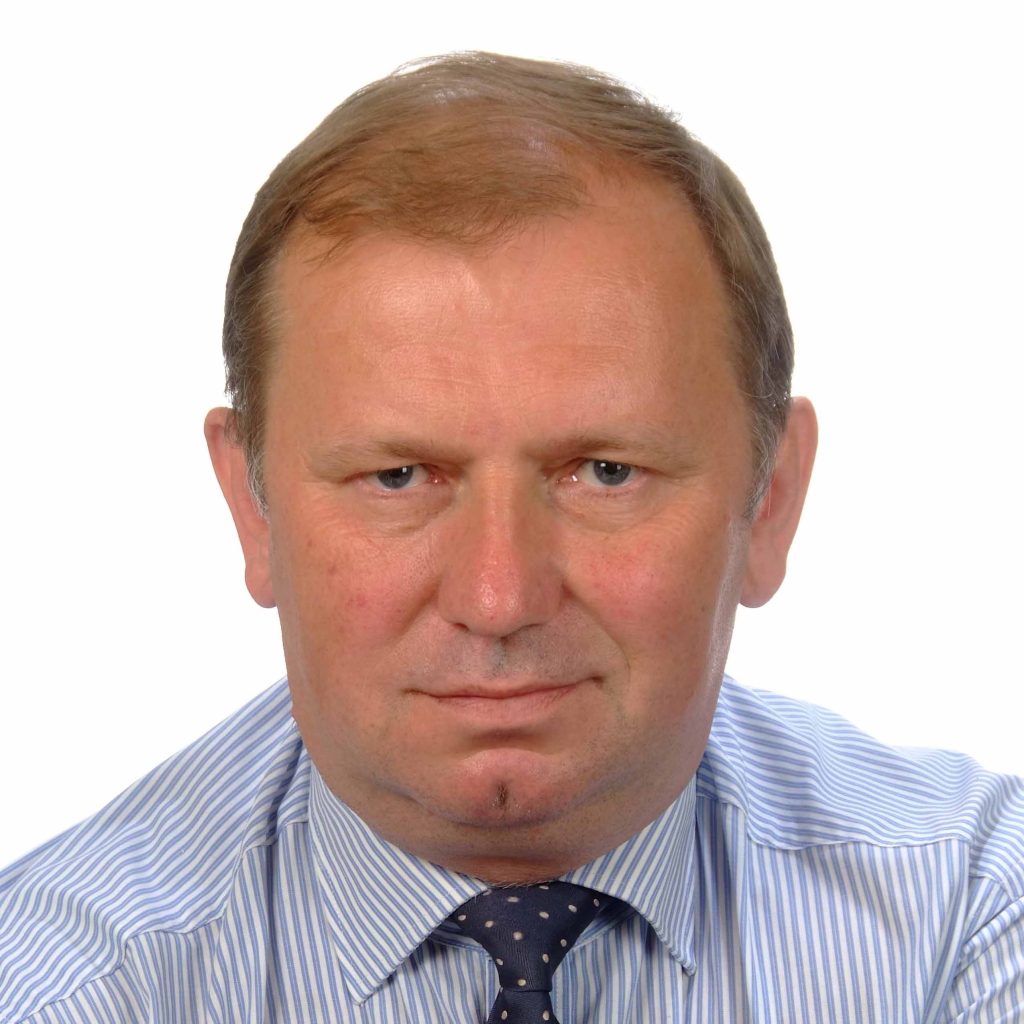
Dainius Pūras, Lithuania, is professor of child psychiatry and public mental health at Vilnius University, Lithuania. He is also a consultant child and adolescent psychiatrist at the Child Development Center of Vilnius university Hospital. Among positions he was holding, Dainius Pūras was President of Lithuanian Psychiatric Association, Dean of Medical Faculty of Vilnius University, Director of the Human rights monitoring institute. During the years 2007-2011 Dainius Pūras was a member of the UN Committee on the rights of the child. During the years 2014 – 2020 he was serving as a UN Special Rapporteur on the right to physical and mental health.
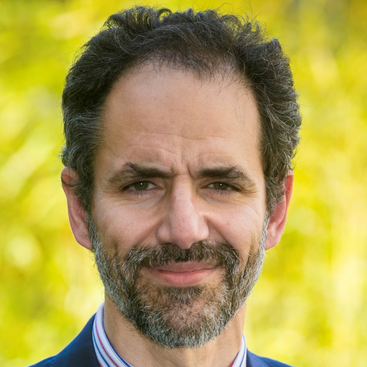
Paulo Pinto de Albuquerque, Portugal, is a former judge of the European Court of Human Rights. His term of office lasted from April 2011 to March 2020. In that capacity Judge Pinto de Albuquerque ruled as a single judge on 3,507 applications, as a member of a committee on 3,343 applications, as a member of a chamber on 3,585 applications and as a member of a Grand Chamber on 56 applications. In total Judge Pinto de Albuquerque ruled on 10491 applications. As a Strasbourg Judge Pinto de Albuquerque delivered 162 separate opinions.
He was the President of the most important committee of the European Court of Human Rights, the Committee on the Rules of the Court, from October 2018 to March 2020. He was the Member of the Grand Chamber panel which selects the cases that are reviewed by the Grand Chamber, from June to December 2012 and again from June to December 2016. He was the founder and president of the Criminal Law Group of the ECtHR, from January 2014 to March 2020.
Judge Pinto de Albuquerque acted as an expert for GRECO (Group of States against Corruption) of the Council of Europe, tasked with the supervision of implementation of the Council of Europe Criminal Law Convention against Corruption. In this capacity he performed the third round of evaluation of GRECO in Belgium (2009) and Bulgaria (2010). His reports and recommendations to improve the law and practice against corruption in Belgium and Bulgaria were approved by the General Assembly of the GRECO.
Before joining the ECtHR, Judge Pinto de Albuquerque had a judicial career at national level, from September 1990 to September 2004. Professor Pinto de Albuquerque was called (admitted) to the Portuguese Lawyers’ Bar in 2009 and is today a practicing lawyer and jurisconsult.
He is also a full Professor of Law (Professor Catedrático), at the Faculty of Law of the Catholic University of Lisbon, where he has taught since 2003. He currently teaches criminal law and European human rights law. He has taught, among others, at the Illinois College of Law (USA), the Yaroslav Mudryi National Law University, in Kharkiv (Ukraine), the Law Faculty of the University of Paris II-Assas (France) and the Law Faculty of the University of Florence (Italy).
He was awarded twice the degree of Doctor of Law Honoris Causa by Edge Hill University, in Omskirk (United Kingdom) and by Yaroslav Mudryi National Law University, in Kharkiv (Ukraine); the Medal of the University of Toulouse and the seal of the Faculty of Law of the same University, in Toulouse (France); a commendation by the Japanese Government for promoting the cooperation agreement between the Supreme Court of Japan and the European Court of Human Rights; and the Medal of Honour of the Portuguese Lawyers’ Bar for the defence of human rights and constitutional freedoms during a 30-year long professional career as judge, lawyer and law professor.
He has published 33 books and 87 journal articles and book chapters in the fields of criminal law and procedure, administrative offences law, disciplinary offences law, human rights law, constitutional law and international law. His books were published in Belgium, Brazil, France, Germany, Italy, the Netherlands, Portugal, the Russian Federation, Spain, Turkey, Ukraine and the United Kingdom.
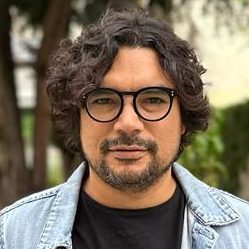
ALBERTO VÁSQUEZ ENCALADA, Switzerland
Alberto is a Mad/disability activist and human rights lawyer. He brings almost 20 years of experience in advocacy, human rights monitoring, and policy analysis in the fields of disability and mental health. Alberto is the co-director of the Center for Inclusive Policy (CIP) and has worked as a consultant for several United Nations entities.
In Peru, he was actively involved in the milestone reform recognising the universal legal capacity of persons with disabilities. Alberto studied law at the Pontifical Catholic University of Peru and completed his LLM in International and Comparative Disability Law and Policy at the National University of Ireland, Galway. He is also president of the Peruvian NGO Sociedad y Discapacidad – SODIS, a founder member of RedEsfera Latinoamericana por las Culturas Locas, la Diversidad Psicosocial, la Justicia, el Buen Vivir y el Derecho al Delirio, co-chair of the Disability Rights Fund, and an honorary fellow at the University of Essex.
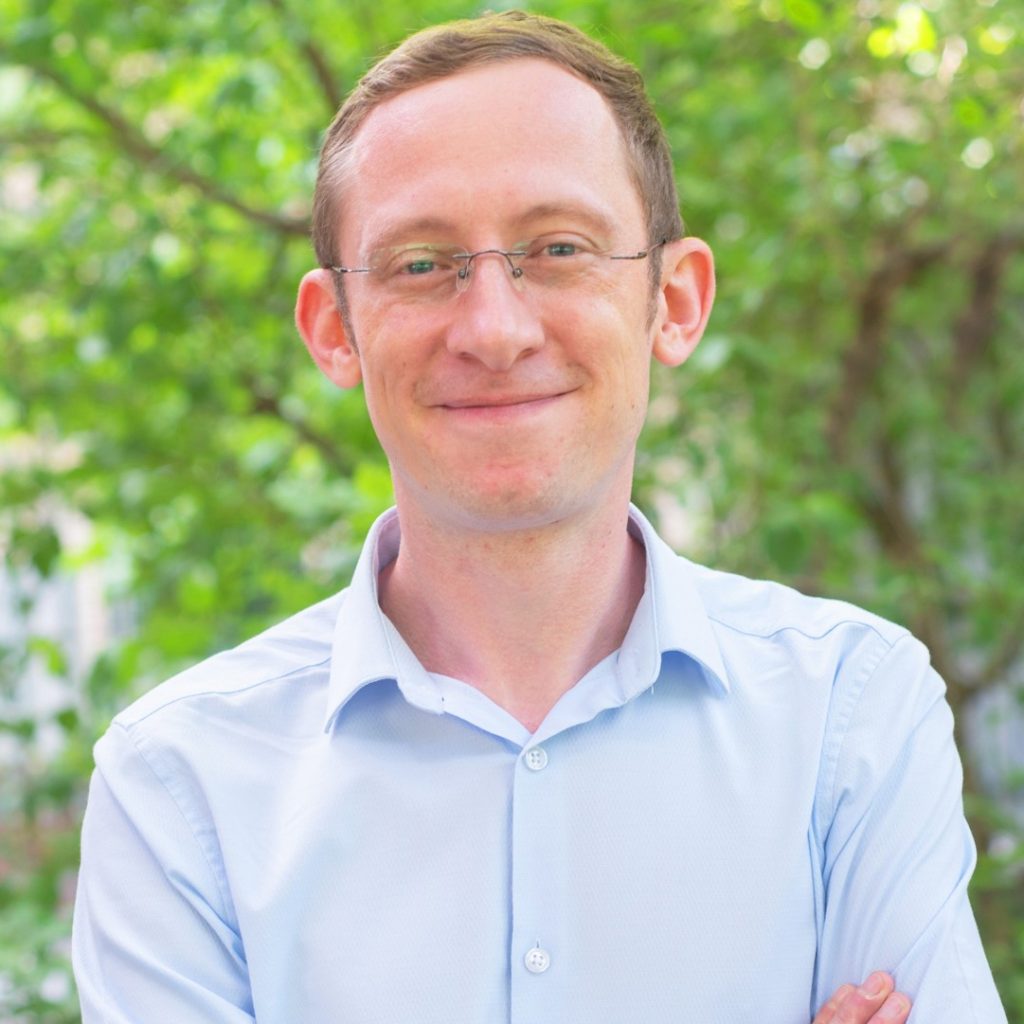
Steven Allen, Hungary, is a social justice activist and was appointed Executive Director of the Validity Foundation in 2022, having previously served as Co-Executive Director (2018-2022), and originally joining the team in 2013. Validity is a specialised international non-governmental organisation that undertakes strategic litigation to promote, protect and defend the human rights of persons with psychosocial disabilities and persons with intellectual disabilities in Europe and Africa. Steven holds a law degree from the University of London and has a postgraduate research interest in legal institutions that deny autonomy of marginalised populations. Prior to Validity, Steven spent a decade leading experiential forum theatre programmes for young people in conflict with the law and professionals in the criminal justice system in the UK, as well as undertaking consultancies in the Middle East and India. He was a member of the Independent Monitoring Board at HMP/YOI Feltham for six years, where he investigated complaints from children and young people in custody. Steven’s interest in access to justice comes from his experience of supporting his mother with a psychosocial disability who died while detained in a closed British psychiatric hospital. The litigation that followed established the presumption that deaths in mental health institutions must be investigated in the same way as other deaths in detention, triggering expanded inquests in compliance with Article 2 of the European Convention on Human Rights.

Tina Minkowitz, USA, is an international human rights lawyer, lesbian feminist, and survivor of psychiatric institutionalization. She is president of the Center for the Human Rights of Users and Survivors of Psychiatry, which she founded with two colleagues in 2009. She holds a JD from the City of University of New York School of Law, and an LLM in public international law, concentration in human rights, from the University of Oslo.
Tina represented the World Network of Users and Survivors of Psychiatry in the drafting and negotiations of the Convention on the Rights of Persons with Disabilities, introducing key provisions into the Convention to support full legal capacity and the abolition of forced psychiatric interventions and psychiatric incarceration. She has continued since the Convention’s adoption to shape the interpretation of the Convention in this regard through contributing to expert meetings and UN consultations. Most recently she contributed to the development of the Guidelines on Deinstitutionalization in the role of external reviewer. She has also supported national reforms in Latin America and submitted amicus briefs to national and international courts.
The theme of reparations for psychiatric violence has been important to Tina since she first learned of the power of the reparations framework in international law to shape a victim-centered narrative and agenda. She has written several articles and blog posts on this issue and promoted a reparations approach to deinstitutionalization.
Tina’s work has included writing and advocacy on criminal responsibility, restorative justice, and the rights of older persons, as well as the book Reimagining Crisis Support: Matrix, Roadmap and Policy. This book looks at how to meet needs for crisis support outside a mental health framework, informed by the CRPD and by many sources in the world at large.

Oh-Yong Kweon, South Korea, is an attorney at law/MSW
- Alliance for Mobilizing Inclusion (KAMI), Representative, Secretary General
- JP Law Office, Representative, Attorney at Law
- World Network of Users and Survivors of Psychiatry, Board member
- UN ESCAP Working Group, member on the Asian and Pacific Decade of Persons with Disabilities
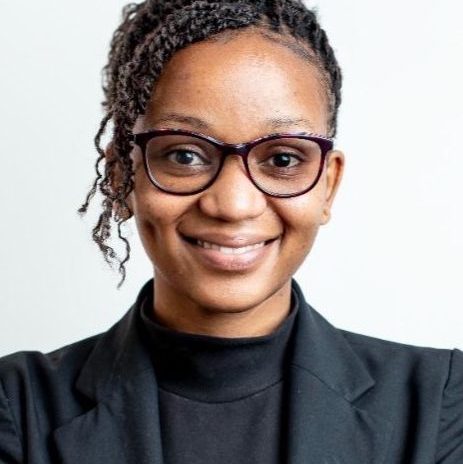
Jennifer Wairimu, Kenya, is a human rights lawyer who works as a Litigation Officer at Validity Foundation. Her work focuses and is not limited to drafting legal submissions in a range of national and international judicial forums, providing legal advice in human rights situations and conducting research analysis on laws and policies at national, sub-regional and regional levels for the rights of persons with intellectual and psychosocial disabilities.
Jennifer holds a Bachelor of Laws degree (LLB) from The University of Nairobi. Her professional interests are deeply rooted in disability rights with a keen focus on legal capacity, access to justice, inclusive education, deinstitutionalization. She is also passionate about exploring the intersections between disability and torture. Driven by her unwavering commitment to systemic change, Jennifer is an advocate for a more inclusive and equitable society for persons with disabilities.
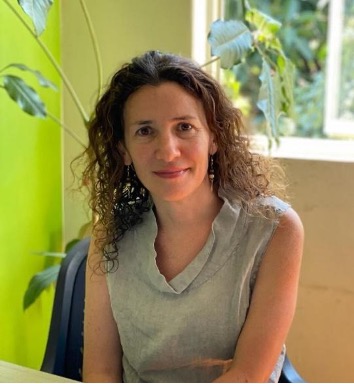
Diana Sheinbaum Lerner, Mexico, coordinates the Disability and Justice Program at Documenta, a Mexican non governmental organization that has worked for more than a decade to defend and promote the human rights of populations who share trajectories of exclusion and discrimination and are frequent victims of institutionalization and criminalization processes. Documenta provided legal assistance to Arturo Medina Vela, the first Mexican case before the CRPD where the Mexican government was found responsible for not fulfilling its international obligations. As an organization, we have also obtained important judicial precedents from the Supreme Court recognizing involuntary hospitalizations as an attack on personal freedom and torture. In our advocacy work, together with other human rights advocates, persons with disabilities, and other organizations, we achieved the prohibition of involuntary hospitalizations and treatments in the Mexican health legislation and the recognition of legal capacity in the national civil procedural law.
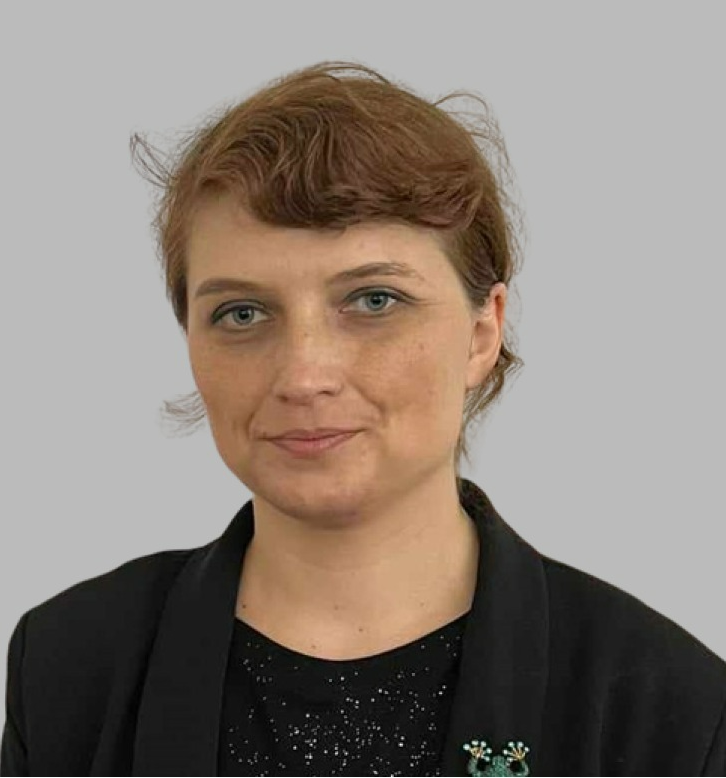
Olga Kalina, Georgia, is a human rights activist in the disability and mental health fields. After being diagnosed with paranoid schizophrenia in 2005, she joined the NGO, Partnership for Equal Rights in Georgia, promoting the rights of people with mental health problems. Since 2014, she has been Chair of the European Network of (Ex-)Users and Survivors of Psychiatry (ENUSP) and a member of the monitoring team of the National Preventive Mechanism (NPM) in Georgia with which she has been involved in monitoring of elderly care homes, prisons, residential facilities for persons with psychosocial disabilities and psychiatric institutions.
Since 2021, Ms. Kalina teaches the course ‘Mental Health, Disability and Human Rights” at Ilia State University, Tbilisi, Georgia based on WHO Quality Rights modules, along with national thematic reports and legislation. In 2022, she became a member of the Consultative body for the Georgian Intergovernmental Committee on implementation of the UN CRPD, Chair of the De-institutionalization Committee of the Georgian Ministry of Health and Social Affairs and a member of the Consultation Group on Disability Issues for the Georgian Ministry of Internal Affairs (representing the Georgian Network of (Ex-)Users and Survivors of Psychiatry). With the cooperation of the Ministry of Internal Affairs Ms. Kalina has been involved in the design and delivery of trainings on disability issues, including psychosocial disabilities/mental health conditions for police officers and fire fighters.
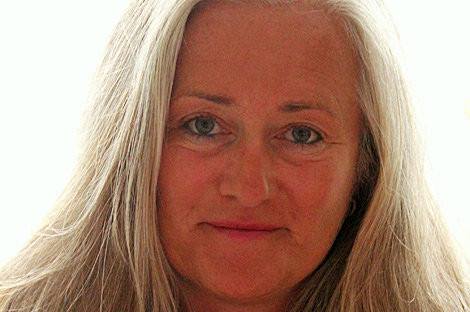
Inger-Mari Eidsvik, Norway, is pursuing legal action against the Norwegian state for human rights violations in mental health care. She was first subjected to compulsory treatment at the age of 24. Then – and later – she chose to stop taking neuroleptics when the compulsion was lifted.
She has been subjected to forced medication and isolation numerous times in the period between 1988 and 2016.
Eidsvik’s motivation is partly personal, based on the iatrogenic trauma she has suffered, partly professional, based on her expertise, and last but not least: a passionate commitment to ensuring that today’s young people experience a different approach to mental health care. A commitment she has had since her first admission.
The case is a pro bono case, in which ICJ Norway, Føniks advokater and law professor Mads Andenæs are leading the case. Without the case beeing pro bono, it would not have been possible for Eidsvik to pursue the case, either financially or personally.
Eidsvik is a trained child welfare worker, special needs teacher and trauma therapist. In addition, she has SEPREP education, with an emphasis on mental health, counseling, management/adm and IGA Basic Course. She has worked in child welfare services since 1992, in substance abuse and psychiatry in the municipality and in the specialist health service since 1998.
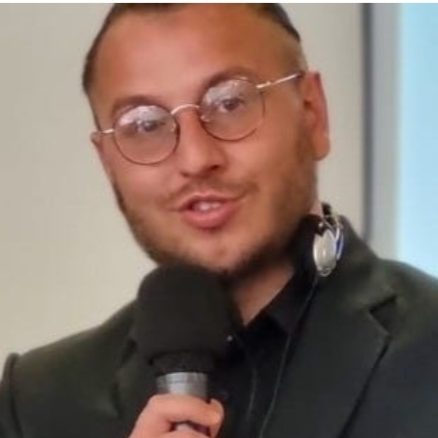
Timothy Fish Hodgson, South-Africa, is a Senior Legal Adviser for the International Commission of Jurists, leading its global work on Social and Economic Rights and Disability Rights.
Before joining the ICJ, he worked as a Senior Researcher at the Socio-Economic Rights Institute (2016-17); as a Legal Researcher at SECTION27 (2013-16); and as a law clerk for Justice Zakeria Yacoob at the Constitutional Court of South Africa (2011-12).
He holds a Bachelor of Business Science (Hons) and a Bachelor of Laws from the University of Cape Town. He also holds a Master of Laws from the University of Michigan (2013) and a Master of Studies in International Human Rights Law from the University of Oxford (2017, with Distinction). He has lectured at various South African and international universities on a range of topics relating to human rights.
Dragana Ciric Milovanovic, Serbia/UK, Inclusive Development Advisor at Disability Rights International, founding member of the Global Coalition on Deinstitutionalization.
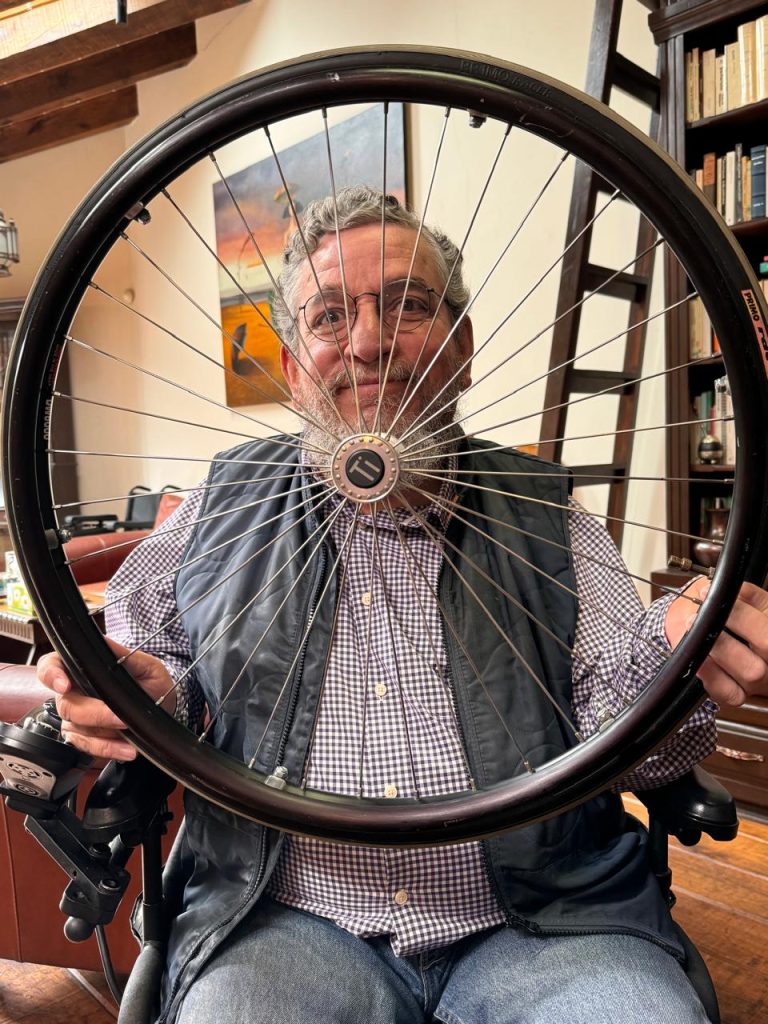
Carlos Ríos, Mexico, is a top expert on international disability rights, serving on the CRPD Committee (UN treaty body) from 2011 to 2014, including as Vice Chair for 2 years. In this role, he was very involved in the Committee’s jurisprudence on legal capacity, torture, right to liberty and access to justice.
Carlos is a lawyer and expert on criminal justice and has been involved in criminal procedure reform in Mexico since 2004. Carlos Ríos is currently the Associate Director of the Disability Rights Division at Human Rights Watch, where he works on issues related to access to justice, legal capacity, and deinstitutionalization of people with disabilities.
Mer informasjon
For oppdatert informasjon om program: https://www.stiftelsenredo.no/
Plakat for spredning: https://www.madinnorway.org/wp-content/uploads/2024/09/Plakat-10-sept-ReDo.pdf





